Staking is the technique that allows investors and savers to obtain passive returns by depositing their cryptocurrencies. To do staking, all you have to do is deposit a cryptocurrency in an exchange that allows you to stake and wait to obtain rewards for said funds. The idea is similar to depositing your money in a savings account. The process of staking through an exchange is quite simple.
Staking with cryptocurrencies
To define what staking is, the first thing to do is to be clear about the differences that exist between the two main Blockchain consensus mechanisms: Proof of Work and Proof of Stake.
Proof of Work (PoW): it is the mechanism used in the Bitcoin blockchain. In this system, miners compete with each other to confirm transactions and produce new blocks on the chain for rewards. The miners solve math puzzles to verify that the transactions are correct and the first miner to solve the math problem gets the reward. Once the transactions have been verified, a new block is added to the blockchain. The main problem with Proof of Work is that it requires a lot of computing power and therefore electricity, which is not good for the environment.
Proof of Stake (PoS): it is a system based on the economic participation of users who have cryptocurrencies. The validator nodes are randomly selected from the users who have that cryptocurrency. Users with more reservations are more likely to be chosen to validate transactions. However, in order to maintain overall participation in the network, users with less money can also be chosen, although with a lower probability. It is a more ecological and sustainable mechanism than the Proof of Work.
Staking
The action of participating in the Proof of Stake process is known as staking. Staking participants leave their cryptocurrencies locked in deposit in order to have the option of being selected by the protocol to validate a block. Users who deposit larger amounts have a better chance of being selected. That is, to do staking, all you have to do is deposit a cryptocurrency in a wallet that allows you to stake and wait to obtain rewards for the funds deposited. It is important to note that only cryptocurrencies that follow a Proof of Stake consensus mechanism can be staked.
The idea is very similar to depositing your fiat money in a traditional bank and earning interest on those funds. The rewards that are received in staking depend on the cryptocurrencies deposited, how long you deposit them, how many cryptocurrencies there are in total in the network and factors such as inflation. In fact, some blockchains follow the logic of traditional economics and offer rewards with fixed percentages to compensate for inflation.
It is common for several cryptocurrency holders to pool their resources in a group to increase their chances of validating blocks and receiving rewards. Once the rewards are received, they are distributed among the group proportionally according to the contribution of each user. This is what is known as a staking pool.
Binance
There are two ways to do staking, from the cryptocurrency's own blockchain network or from an exchange. Doing it from the cryptocurrency's own blockchain network is somewhat more complex, although it brings more interest. On the other hand, staking from an exchange reports less interest, but the process is much easier. In this article, I will explain how to do staking from the well-known exchange Binance. I have opted for this exchange for its simplicity, but it can also be staked in the vast majority of exchanges (Coinbase, Trust Wallet, etc).
If you don't have a Binance account, the first thing to do is create one. The process is simple and very similar to that of any other exchange. Once the account is created, you can buy cryptocurrencies on Binance's own website, or transfer them if you already have a portfolio with cryptocurrencies.
Trying to staking
Once inside the website, you have to go to the finance section and select “Binance Earn”.In this next step, you must decide the cryptocurrency you want to use for staking. There are more than 20 different cryptocurrencies available for staking on the Binance exchange, each with different interests. You have to take into account the possible fluctuations in the prices that the chosen cryptocurrency may suffer during the days that you are going to deposit it. It is advisable to choose cryptocurrencies with more or less stable prices.
The second issue to consider is the time one wants to deposit the funds. Binance offers different options for staking each cryptocurrency. I have chosen Cardano (ADA) and you can see how the annual interest rate varies depending on the duration of the deposit. For a duration of 60 days, the annual interest is 7.79%. For 30 days, the annual interest is 5.09% and for a flexible duration, where one chooses the number of days, the interest is only 0.48%. It is important to emphasize that the percentage of profit received for depositing the funds is annual. That is if, in the example shown you choose to deposit ADA for 30 days, the return percentage when the 30 days end will be 0.42% (5.09% / 12) on the amount deposited.
Operation summary
Once the cryptocurrency has been chosen and the time we want to deposit our funds, we must click on "Stake". For staking in this example I have chosen Cardano with a duration of 60 days. When you click on stake, a window opens in which you have to enter the amount you want to deposit. I have chosen to deposit 100 ADA. On the right-hand side, it shows us a summary of the operation. In my case, the staking date is 07/02/2021, which will reimburse me for possible benefits obtained 60 days later: 09/02/2021. The benefit obtained throughout these 60 days will be 1.28 ADA. This amount has been calculated as follows:
- 7.79% / 365 = 0.02% (daily interest)
- 0.02% * 60 = 1.28% (60-day interest)
- 1.28% * 100 ADA = 1.28 ADA
Once we confirm the purchase, a summary of the operation will be displayed in our account. The example shows the accumulated days of the deposit, the accumulated interest, and the estimated amount of the next distribution. The staking process through an exchange is quite simple. Most exchanges offer very intuitive platforms and have greatly simplified the process. Despite the fact that the interests in many cases are not very high, staking is a good option for cryptocurrencies to continuously generate small amounts of money.
[link] [comments]

You can get bonuses upto $100 FREE BONUS when you:
💰 Install these recommended apps:
💲 SocialGood - 100% Crypto Back on Everyday Shopping
💲 xPortal - The DeFi For The Next Billion
💲 CryptoTab Browser - Lightweight, fast, and ready to mine!
💰 Register on these recommended exchanges:
🟡 Binance🟡 Bitfinex🟡 Bitmart🟡 Bittrex🟡 Bitget
🟡 CoinEx🟡 Crypto.com🟡 Gate.io🟡 Huobi🟡 Kucoin.

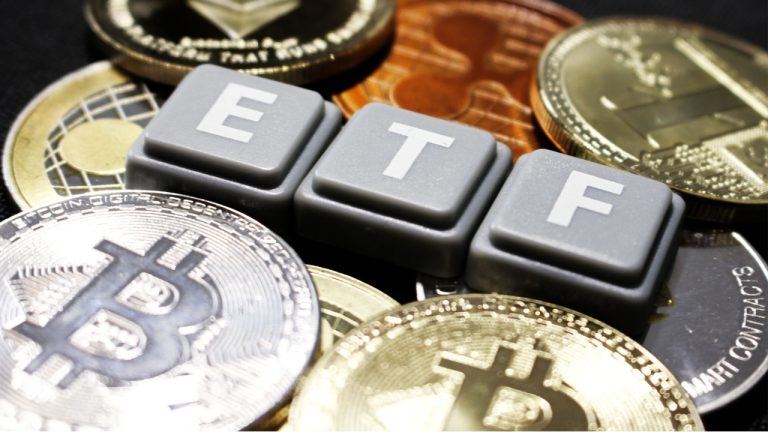






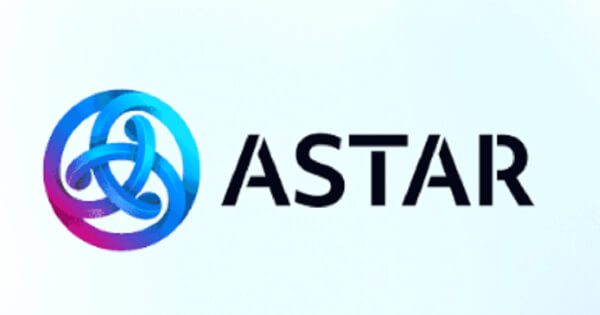

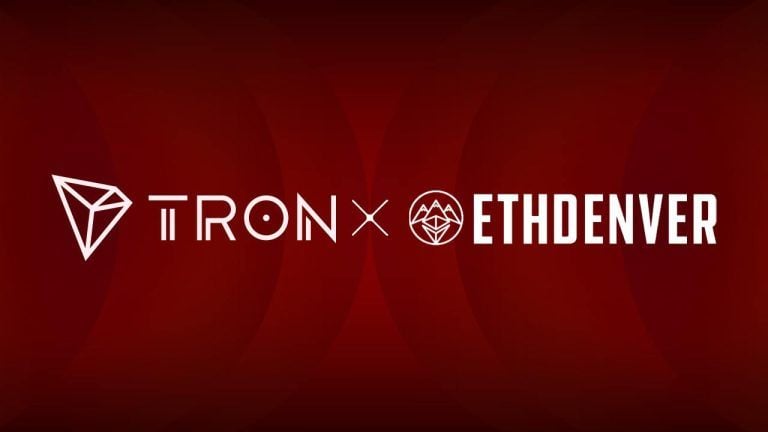



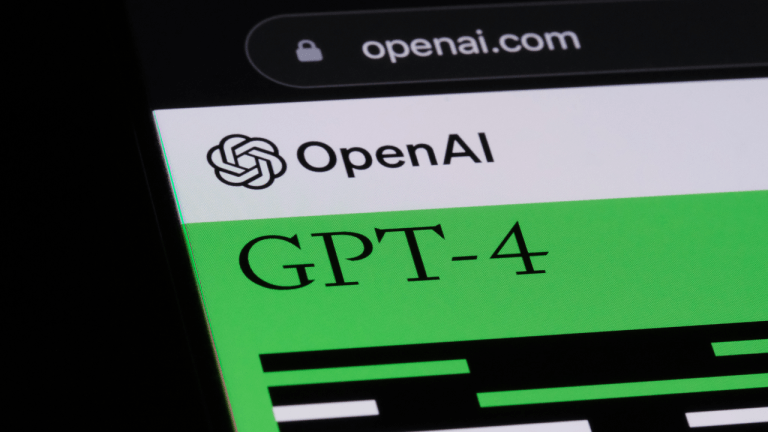


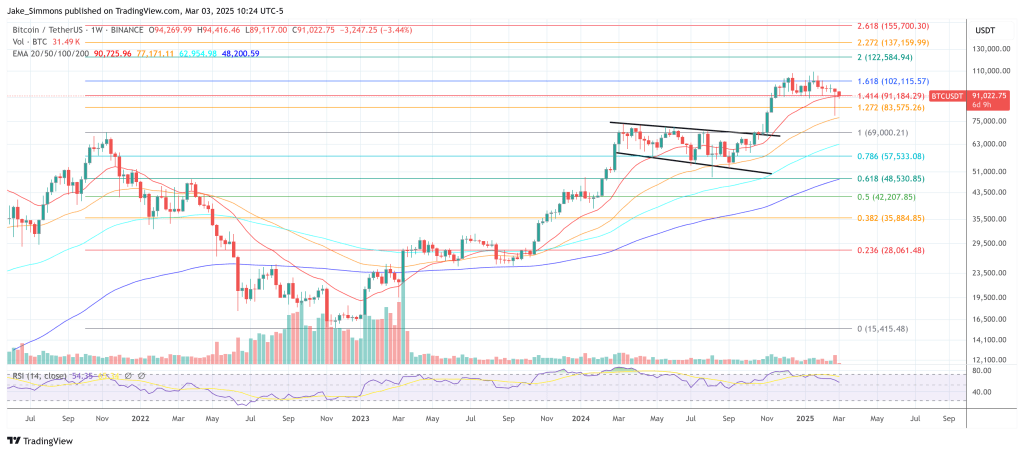

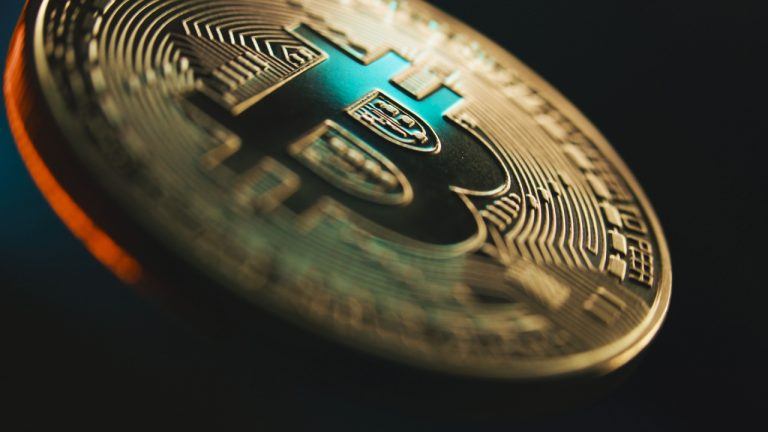
Comments